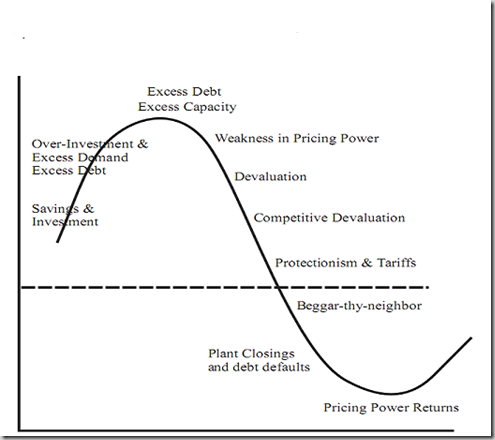JimBowie1958
Old Fogey
- Sep 25, 2011
- 63,590
- 16,756
- 2,220
They bought bonds, dude.
No, they bought securities and bonds, but mostly mortgage backed securities.
And the reason why you can't show losses caused by buying shit at par is because they didn't buy shit.
They bought high quality bonds, at the market price, and have made huge profits doing so.
Those were not high quality securities, in fact far from it. They were MBS, CDOs and SIVs that no one else would buy and were thus worthless. And the Federal Reserve bought them for the same price that the banks bought them for orignally and they paid no mind to the current worthless value if marked to market, dude.
Tough to do if your fantasy had been what happened.
The only fantasy here is in your preference to invent the facts instead of digging them up.
And for this $4.5+ trillion gift, the banks owe the rest of us their assets, lock stock and barrel. We have the right to do anything to them that were can get passed through Congress and signed into law.
Breaking them up into much smaller pieces is just the first step. Putting the principal leaders of the whole fiasco on trila and then hanging them would be the next.
The Fed's QE Program Has Been Great for Banks, But Maybe Not for Your Wallet
Quantitative easing (QE), a monetary policy through which central banks purchase government bonds and other securities from the market in order to lower interest rates and increase the money supply, is a term with which most Americans became familiar in the wake of the financial crisis in 2007. The U.S. Federal Reserve undertook three rounds of quantitative easing (dubbed QE1, QE2 and QE3) from 2008 to 2014, creating and spending roughly $4 trillion.
With the U.S. QE experiment over (at least for now), the question persists, what has QE done for me?
The clearest beneficiaries of quantitative easing have been Wall Street banks, a point both teams agreed on.
Huszar noted that two-thirds of the $4 trillion injected in QE remains in Wall Street banks. The other third, which he said was intended for mortgage lending, has instead been directed at speculative assets and investing.




